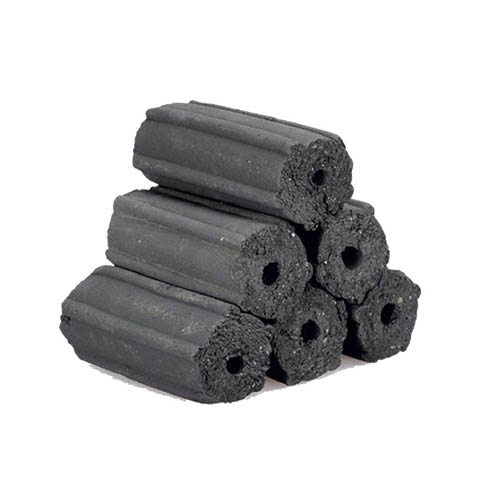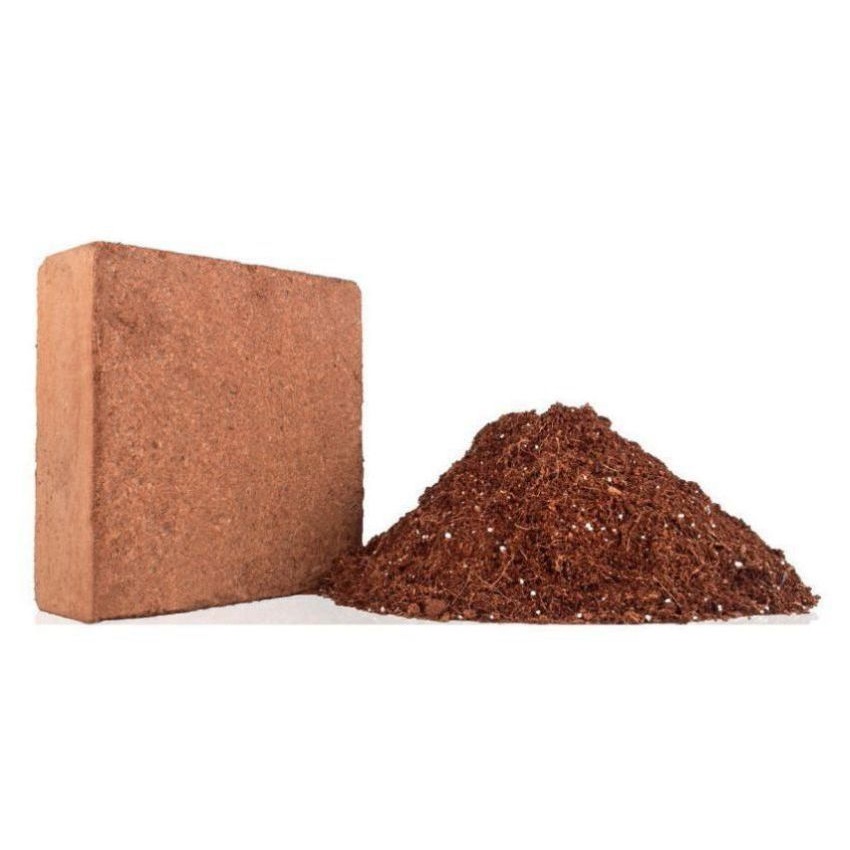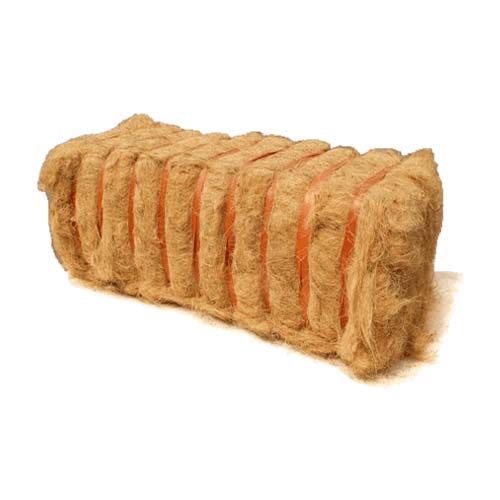Coconut Derivative Products

01.
Coconut Charcoal Briquettes
Coconut Charcoal Briquettes are products derived from coconut shell charcoal. Coconut shell charcoal briquettes are widely used for various needs, such as for shisha, barbecue, cooking, and some other heating needs. Its natural nature, odorless, smokeless and “healthy” are the reasons people choose coconut shell charcoal briquettes to meet their fuel needs. Coconut charcoal briquettes, is the most environmentally friendly fuel. Because it is made from natural coconut shells which are waste processing coconuts into copra.
- American and Europe standard specifications
- Material :100% Coconut Charcoal Briquettes
- Calories Value : 7000-7200
- Moisture : 7%
- Ash Content : 2%
- Fixed Carbon : 80-85%
- Potential Supply of Briquettes 50-100MT/ 1 months
- The size and shape of the briquettes can follow the desired request

02.
Coconut Hexagonal BBQ
Coconut Charcoal Briquettes are products derived from coconut shell charcoal. Coconut shell charcoal briquettes are widely used for various needs, such as for shisha, barbecue, cooking, and some other heating needs. Its natural nature, odorless, smokeless and “healthy” are the reasons people choose coconut shell charcoal briquettes to meet their fuel needs. Coconut charcoal briquettes, is the most environmentally friendly fuel. Because it is made from natural coconut shells which are waste processing coconuts into copra.
- Material : 80% Coco mix 20% Thamarind Wood
- Burning Time : 3-5 Hours
- Calories : 7000
- Ash Content : 7%
- Fixed Carbon : 75%
- Potential Supply of Briquettes 50-100MT/1 months
- The size and shape of the briquettes can follow the desired request

03.
Coco peat
This Cocopeat product is a coconut derivative product derived from coconut fiber/coconut fiber or coconut husk which is widely used as a planting medium for cultivation, fertilization and absorbent in the industry. Cocopeat is generally packaged in the form of bulk powder packages or in compressed (compressed and solid) packages in the form of blocks (briquettes), planks, and discs. Indonesia only fulfills 5% of the world market demand.
processes coconut coir into fiber (coco fiber) and powder (coco peat) which has added value for the export market. The destination countries for these two products are mostly China, Japan and several countries in Europe.
- Size : 30 x 30 x 15 cm
- Weight : 5 kg ± 200 g
- EC : 4-5 ms/cm
- pH : 5.2 – 6.8
- Moisture : 10 to 15%
- Drying : Sun Drying
- Packing : Requested by buyer
- Supply Capability : 100-200MT
- Confirm first for stock availability information

04.
Coco fiber
This Cocopeat product is a coconut derivative product derived from coconut fiber/coconut fiber or coconut husk which is widely used as a planting medium for cultivation, fertilization and absorbent in the industry. Cocopeat is generally packaged in the form of bulk powder packages or in compressed (compressed and solid) packages in the form of blocks (briquettes), planks, and discs. Indonesia only fulfills 5% of the world market demand.
processes coconut coir into fiber (coco fiber) and powder (coco peat) which has added value for the export market. The destination countries for these two products are mostly China, Japan and several countries in Europe.
- Color : Yellow to Brown
- Quality : Export
- Condition : Dried
- Packaging : Gunny Sack or by request
- Supply Capability : 100-200MT per month
- Confirm first for stock availability information
